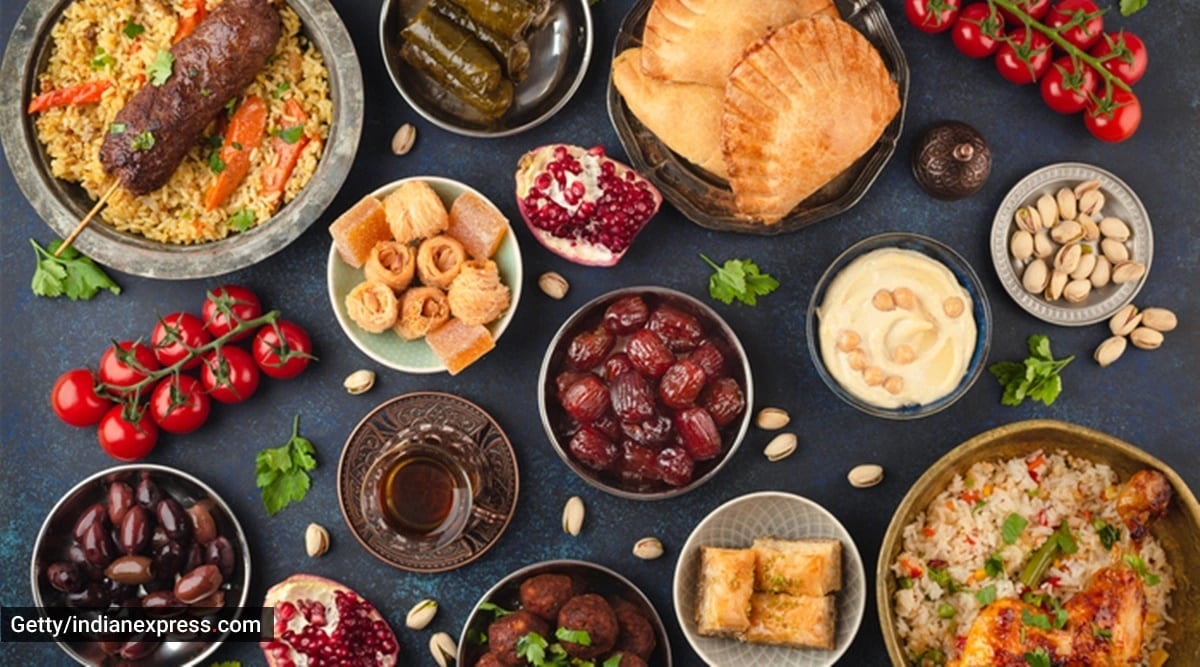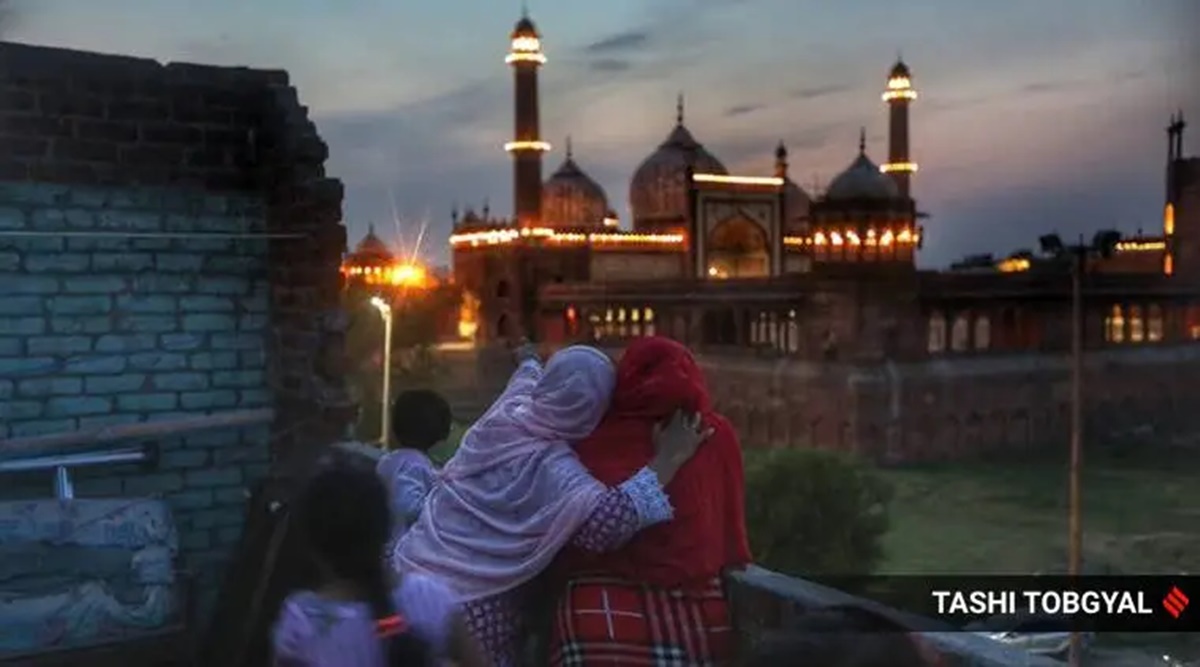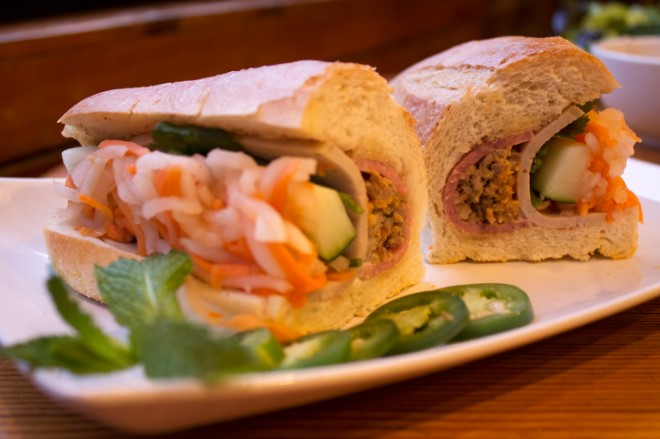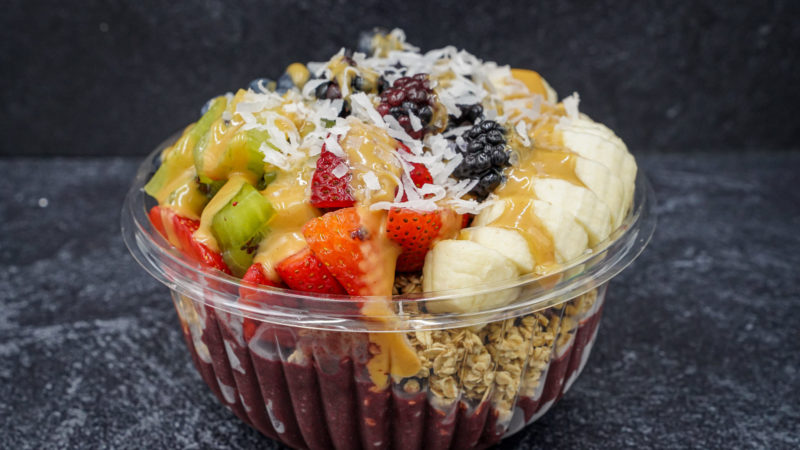For the duration of Ramadan, the holy month when Muslim devotees observe a stringent fast from dawn to dusk, the time among meals normally ranges from 12 to 15 hours, which can verify to be detrimental for diabetics, or folks with uncontrolled blood sugar stages, who are required to try to eat on time. As these types of, is it sensible for diabetics to observe roza or working day-lengthy fasts? We arrived at out to specialists, and here’s what we located.
Diabetics have to often take a look at their medical doctors prior to starting the fasts, mentioned Devayani Vijayan, functional wellness practitioner and founder, Peak Performers Club. “It is also excellent to set distinct recommendations or a diet regime chart to minimise any chance of blood-sugar fluctuations. The treating health practitioner might also modify the timings of drugs, as food timings will turn out to be different,” Devayani instructed indianexpress.com.
Khushboo Jain Tibrewala, founder of The Overall health Pantry, nutritionist and diabetes educator known as Ramadan fasting “excellent for style 2 diabetics”. “By eating just just one meal in the day, one particular can change away from a condition of insulin dominance,” she shared, introducing that considering that Ramadan is a month-very long rapid, it is also similarly critical to feel about what you take in. “I have observed circumstances exactly where our diabetic shoppers have observed a big advancement in their glucose management by fasting during Ramadan a little additional consciously,” extra Tibrewala.
As such, what need to diabetics continue to keep in thoughts?
For diabetics, fasting does arrive with a few dos and don’ts, pointed out Tibrewala.
*It’s essential to try to eat a lower glycemic index (GI)food. This indicates the food really should have a mixture of proteins, organic fat, fiber, and cereals like rice, roti, and many others. Concurred Devayani, and mentioned that meals with reduced GI direct to the gradual release of glucose. “Nutrient-dense, sluggish-release carbs like lentils, stews, entire wheat food items goods, rolled oats, quinoa porridge, tons of nuts and substantial fibre veggies etcetera. are considerably better than easy or processed carbs like white flour, superior sugar beverages, chips, biscuits and so on, which can induce perilous spikes,” claimed Devayani.
*Prevent eating in excess of-processed meals like maida, white sugar, bread, etcetera.
*The tradition of breaking the speedy with a day is exceptional for your health and fitness. You could use dates as a sweetener in your desserts, far too. This will decrease the total glycemic index of the food and offer multiple minerals.
Further, Devyani shared that immediately after numerous hours of fasting, it is crucial not to shock the physique, and hence intestine-pleasant foods like bone broth performs a massive part. “Before having a significant food, obtaining a mug of bone broth will enable stabilise the minerals in your overall body and make sure that there is resilience all over the month of fasting,” she stated.
 Is Ramadan fasting encouraged for all diabetics? (Source: Getty Visuals/Thinkstock)
Is Ramadan fasting encouraged for all diabetics? (Source: Getty Visuals/Thinkstock)
*Make positive your food includes a superior volume of vegetables. You can have them in compressed varieties like chutneys, purees extra to any gravy, and so forth.
*As a lot as doable, adhere to lean meats and seafood, suggested Tibrewala.
Stressing on the need to have to watch one’s blood sugars commonly when fasting, Aman Puri, founder, Steadfast Nourishment, stated that the vital for diabetics is to stay clear of overeating.
“Some individuals might split their rapid with an iftar snack (the food eaten soon after sunset), followed by the maghrib (the 1st prayer of the working day at sunset), and consume the iftar food later on in the evening. Have much healthier snacks amongst foods if needed, these types of as a piece of fruit, a handful of nuts, or veggies,” mentioned Puri.
Puri also highlighted the need to snsure “adequate nourishment all through sehri”. “Ensure the best possible nutrient intake during sehri (early morning food). Complete grain bread, entire grain very low-sugar cereals, beans, and lentils are suggested,” claimed Puri.
What other factors need to be saved in brain?
Puri had the adhering to tips
Stay away from sugary desserts: Avoid sugary desserts after iftar, and concerning foods. A compact volume of healthy desserts, these kinds of as a piece of fruit, is permitted or a person can even have sugar-absolutely free and decaffeinated beverages to rehydrate the overall body.
Give a hole in between meal and sleep: Do not sleep right away after dinner — hold out for two hours. Steer clear of ingesting elaborate carbohydrates before bedtime.
Manage hydration: Be certain you keep enough hydration by drinking ample h2o and non-sweetened beverages through or in between the main meals. Stay clear of sugary drinks, syrups, canned juices, and new juices with added sugar.
Keep away from fried food: Stay clear of deep-fried meals like parantha, puri, samosa, chewra, and pakoras. Opt for rice and wheat chapatti, which consist of starch, but at the ideal time.
Steer clear of caffeinated beverages: Like tea, coffee, soda, as they are diuretic in nature in addition to producing glucose spikes, Devayani added.
📣 For more life-style information, follow us on Instagram | Twitter | Fb and never skip out on the most recent updates!





More Stories
Tips for Losing Weight as a Diabetic: A Balanced Approach
Managing Gestational Diabetes: What To Know
Can diabetes be reversed? What to know about managing type 2 diabetes.